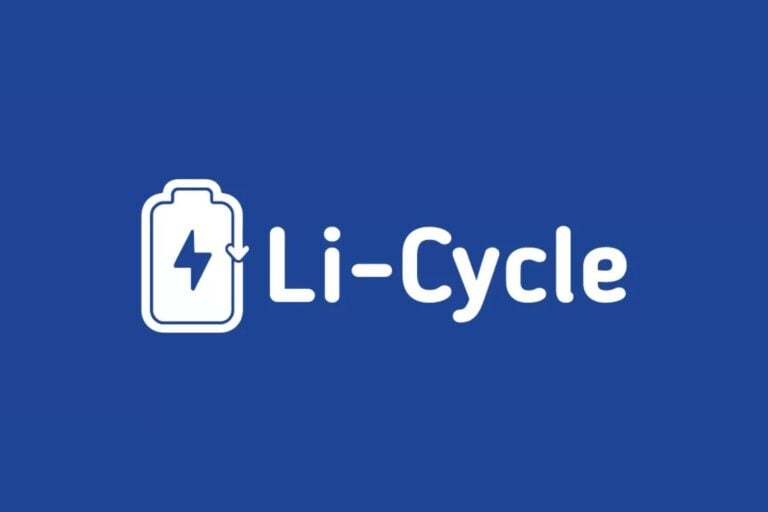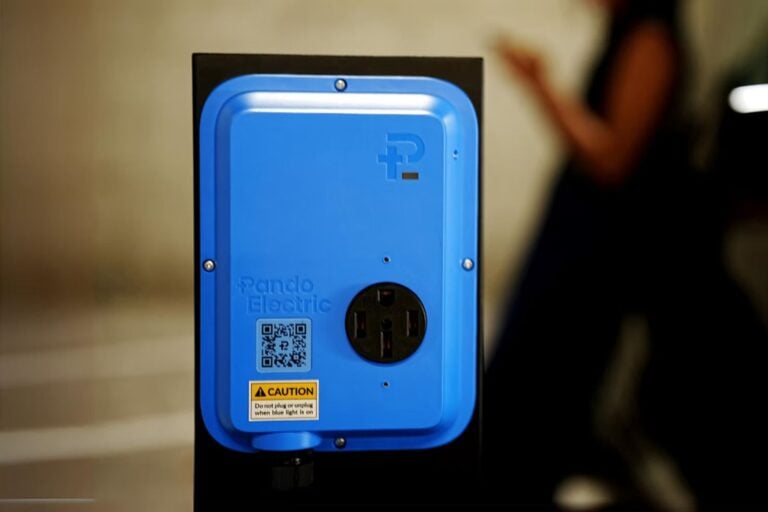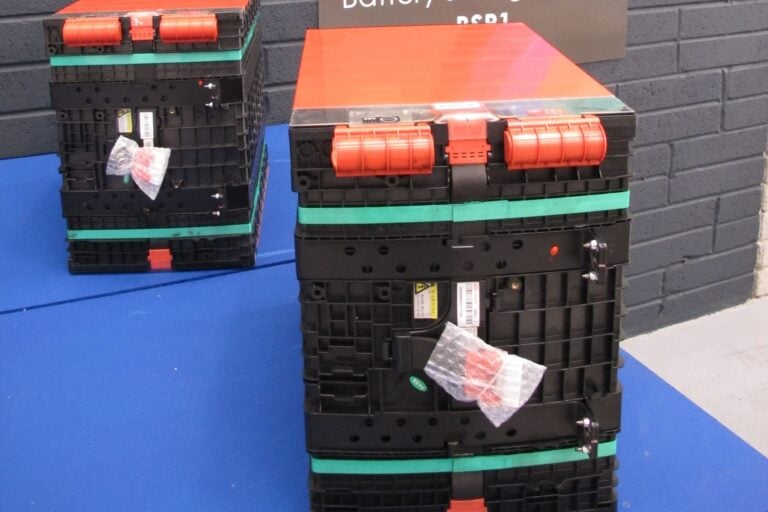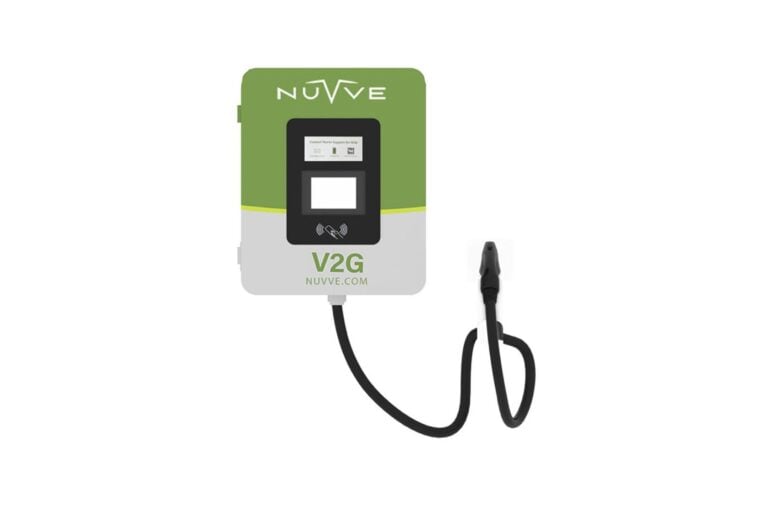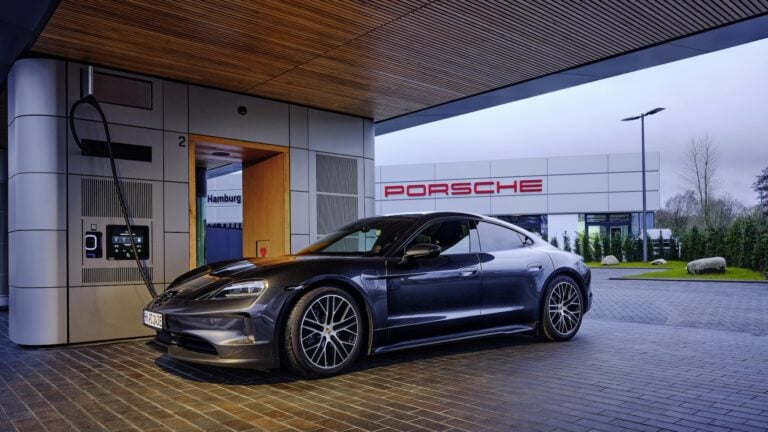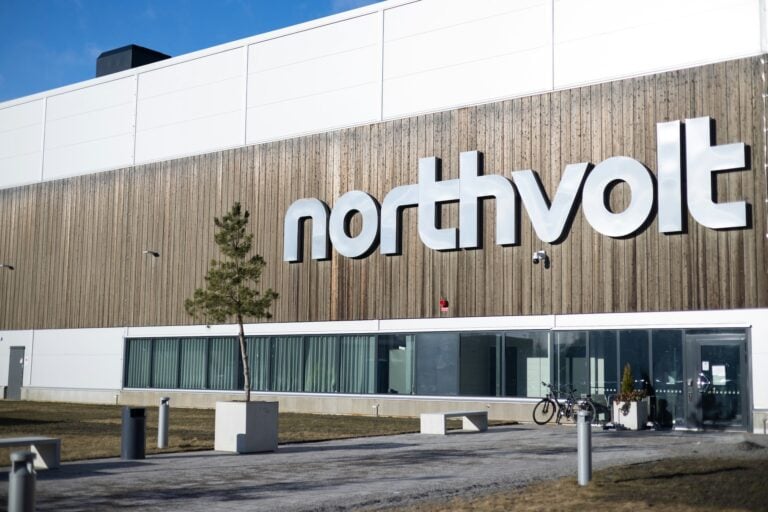UL Solutions, an international authority in applied safety science, has officially certified Gravity’s 500 kilowatt (kW) electric vehicle (EV) chargers and power cabinets. This recognition makes Gravity’s EV charging system the first of its kind to attain the UL 2202 certification, which is a standard set for the safety of Direct Current (DC) Charging Equipment for Electric Vehicles. As part of its forward movement, Gravity, an esteemed EV infrastructure company, plans to integrate 24 of these UL-certified charging systems into its new establishment located in Midtown Manhattan, New York City.
Why It Matters
This recent certification signifies UL Solutions’ expanding capacities to accommodate and foster growth within the EV sector. Such services provided by UL Solutions aim to bolster confidence in the reliability, performance, and safety of EV-related products. Milan Dotlich, the VP and general manager of the Energy and Industrial Automation Group at UL Solutions, remarked on the certification: “Our involvement in Gravity’s initiative to meet increasing demands for elevated power and swift EV charging rates is a source of pride for us.”
Key Points
- Gravity’s charging system is the first 500 kW setup to receive the UL 2202 safety standard certification.
- UL Solutions assessed and validated six chargers and two power cabinets from Gravity to ensure they met the UL 2202 safety and performance standards.
- Tests incorporated criteria such as:
- Power verification
- Strength and durability of materials
- Safeguards against sharp edges
- Stability and proper mounting procedures
- Gravity’s products also underwent extensive performance evaluations before acquiring the UL 2202 certification.
Bottom Line
The accomplishment marks a pivotal shift in urban EV charging solutions. It promises to pave the way for more widespread adoption of electric vehicles by providing faster, more affordable, and more convenient charging options. Moshe Cohen, the founder and CEO of Gravity, emphasized the impact of the UL 2202 certification, stating it offers partners assurance in the system’s safety performance, thereby promoting a seamless transition from gasoline to electric charging for vehicles.



